10 Hot IoT Companies To Watch In 2019
CRN takes a look at 10 hot Internet of Things companies, both established and new, that are set to make big moves in 2019 after raising funding rounds, announcing new products and landing big partnerships.

We Get It, IoT Growth Is Happening
At this point, it may seem like overkill to point out the continued growth bound to happen in the Internet of Things space for the years to come and how it will create new opportunities for companies, both established and new, from a hardware and software perspective.
But just in case: Gartner predicts 25 billion connected devices by 2021, IDC forecasts $1.2 trillion in IoT business spending by 2022, and Accenture estimates the global industrial IoT market could reach $14.2 trillion by 2030.
After looking at IoT startups that made big moves in 2018, CRN is taking a look at 10 hot IoT companies, both established and new, to watch in 2019. These companies, whose products range from security solutions to device management platforms, are poised to seize the growing IoT opportunity that is now too obvious to miss.
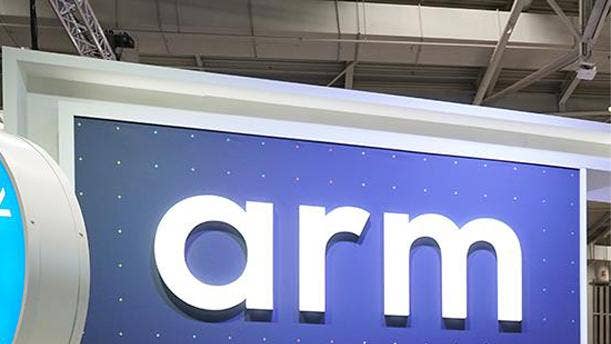
Arm
Arm is headed into what is likely a big year for its Internet of Things development and management business after the Softbank-owned semiconductor company in 2018 made two acquisitions in the space, launched new products and services and struck a partnership with its largest rival. The United Kingdom-based company launched Pelion, its end-to-end IoT connectivity, device and data management platform that combines capabilities from Arm's acquisitions of Stream Technologies and Treasure Data this year. The company also announced the launch of the Arm Treasure Data Audience Suite, as well as expansions to its Mbed IoT operating system and Platform Security Architecture for IoT. Finally, the company forged a new partnership with Intel to simplify secure IoT device onboarding.

Flutura
Flutura is looking to make waves in the industrial Internet of Things space next year after reportedly raising $1 million from Hitachi and expanding its number of "nano apps" to well beyond 200 in 2018. The Houston, Texas-based startup hopes its nano apps, which provide artificial intelligence solutions for specific use cases and certain kinds of machinery, find greater traction in the oil and gas, heavy machinery and specialty chemicals verticals. In addition to its deal with Hitachi, the startup has landed strategic partnerships with Dell, Microsoft, Siemens and IBM, among other companies.
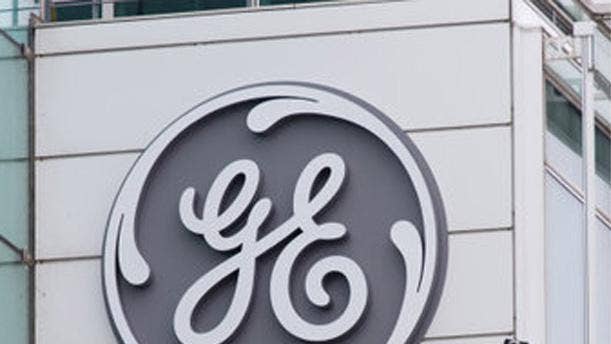
GE Digital
While GE Digital's leadership in the industrial Internet of Things has remained in question, the company will undoubtedly become one to watch in 2019 when parent company General Electric is expected to spin off the division into a standalone firm. In an attempt to reinvigorate the industrial IoT pioneer, the spun-off company will get a new name and brand, along with its own equity structure and board of directors, while remaining wholly owned by GE. At the same time, GE is selling a majority stake in ServiceMax, its field service management software that was part of GE Digital, potentially opening the company to new partnerships. The spin-off's portfolio will include its Predix IoT platform and suite of applications, as well as grid software solutions from GE Power.
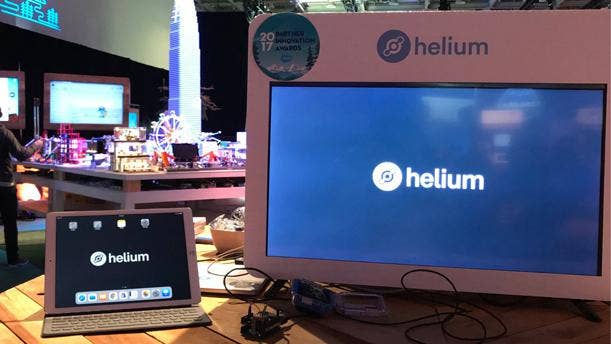
Helium
Helium, a Google-backed startup, made an intriguing and promising plan in 2018 to improve the way we build networks for connected devices: through blockchain. By the end of the year, the San Francisco-based company had yet to release its cryptocurrency-mining Hotspot gateway. That means 2019 will be the year to see whether Helium can entice people to buy the $495 device, which will reward users with the company's own digital currency in exchange for providing expanded coverage on its IoT network. The blockchain-powered network will also need buy-in from enterprises who need reliable and comprehensive connectivity for their devices.
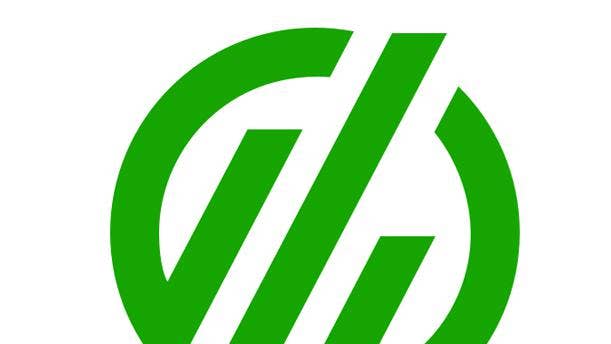
MachineMetrics
MachineMetrics capped off 2018 with an $11.3 million Series A funding round, signaling that 2019 will be an important year for the industrial Internet of Things startup. The Northampton, Mass.-based startup provides real-time analytics software for small to midsize manufacturers, including Saint Gobain, SnapOn, BenchMade and Fastenal — and it will use the new funding to hire more data science and product development talent, as well as increase its sales and marketing war chest.

Microsoft
Microsoft made a major statement earlier in 2018 when it announced a $5 billion commitment to Internet of Things projects for the next four years. That new investment has already resulted in new products, such as Azure Sphere, a first-of-its-kind IoT solution for protecting microcontroller unit devices and Azure Digital Twins. The Redmond, Wash.-based company also launched its IoT deployment and management platform, Azure IoT Central, to the general public. Will Microsoft keep up its cadence of new IoT products? That's the question the tech giant will face going into the new year.
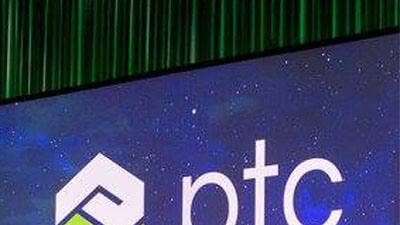
PTC
2018 was a major year for PTC's momentum in the industrial Internet of Things space, thanks to new partnerships with Rockwell Automation and Microsoft that will likely play out in bigger ways in the new year. As part of the company's deal with Rockwell, PTC received a $1 billion investment, and the two companies began integration work between PTC's IoT and augmented reality platforms and Rockwell's manufacturing software platforms. The industrial software company's partnership with Microsoft, in the meantime, has already resulted in several significant customer engagements for joint deployments of ThingWorx and Microsoft's Azure cloud service. What will also have an impact in 2019 is an $18 million restructuring plan the company announced in fall 2018 that will allow PTC to increase its investments in IoT and augmented reality.
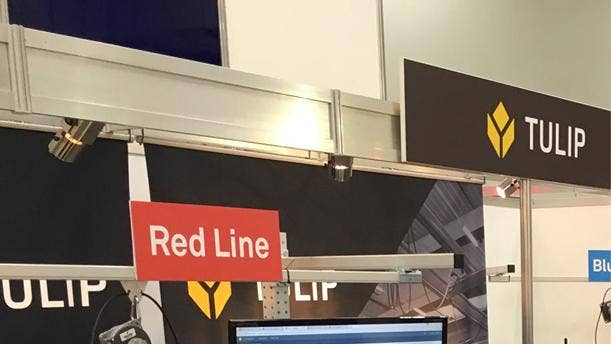
Tulip
After raising a $13 million Series A round and launching its Manufacturing App Platform in 2017, Tulip followed up in 2018 with strategic partnerships and new product announcements, raising the stakes for how the industrial Internet of Things startup will follow through in the new year. The Somerville, Mass.-based company's Manufacturing App Platform, which lets manufacturers build apps with no code, has already been adopted by large manufacturers like Merck, Jabil and New Balance — and the company is looking to expand its clientele with new business plans for small to midsize manufacturers. Earlier in the year, the company announced the launch of Smart Workstation, a product developed with Bosch that gives operators an easy-to-set-up connected workstation. The company also landed a partnership with Clear Process Solutions as a reseller partner.
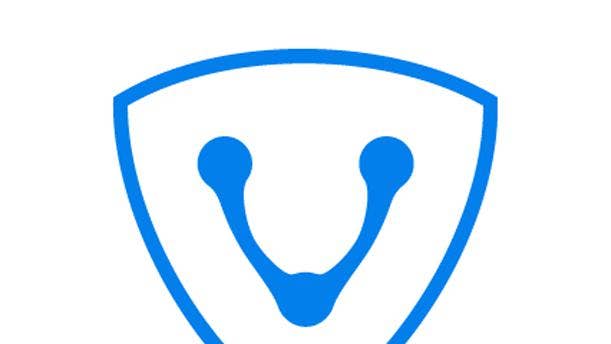
Vdoo
Vdoo first made a mark in 2018 when company announced a $13 million funding round for its IoT security automation platform. Going into the new year, the Tel Aviv, Israel-based startup is expected to make a bigger splash with its platform, which automates the process of uncovering device vulnerabilities and recommending security solutions by analyzing the device's firmware. The company's investors include Dell and former EMC CEO Joe Tucci.
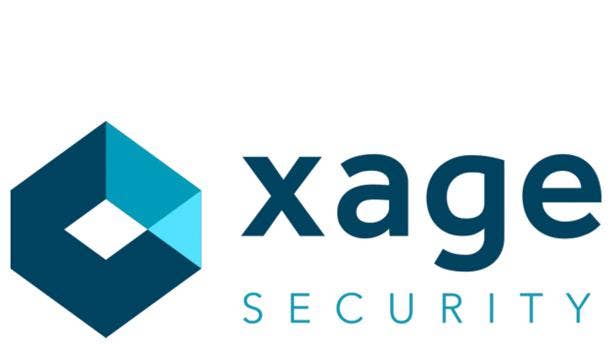
Xage Security
Count in Xage Security as another Internet of Things startup that believes in the promise of blockchain. Except, unlike Helium, this Palo Alto, Calif.-based startup is using blockchain to protect industrial IoT networks and infrastructure. After raising a $12 million Series A round from GE Ventures and other investors in 2018, the company is gearing up for a big 2019 with its platform, which provides a decentralized security layer that enables machines to communicate with each other autonomously and establish trust. The company already counts NTT Communications, GE Renewables and GlobaLogix as customers.